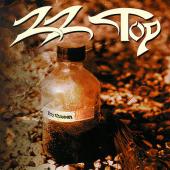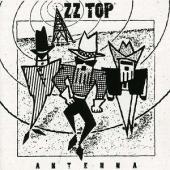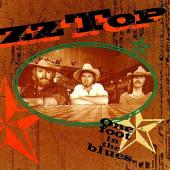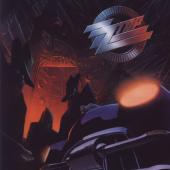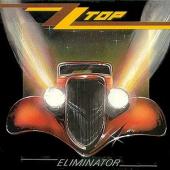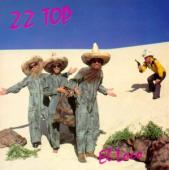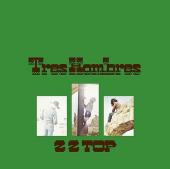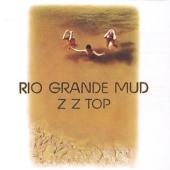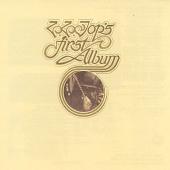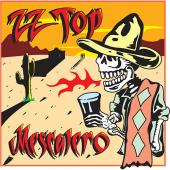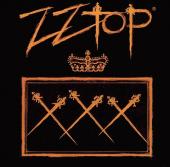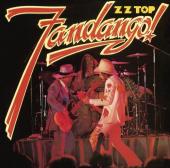This sturdy American blues-rock trio from Texas consists of Billy Gibbons (guitar), Dusty Hill (bass), and Frank Beard (drums). They were formed in 1970 in and around Houston from rival bands the Moving Sidewalks (Gibbons) and American Blues (Hill and Beard). Their first two albums reflected the strong blues roots and Texas humor of the band. Their third album (Tres Hombres) gained them national attention with the hit "La Grange," a signature riff tune to this day, based on John Lee Hooker's "Boogie Chillen.
" Their success continued unabated throughout the '70s, culminating with the year-and-a-half-long Worldwide Texas Tour.
Exhausted from the overwhelming work load, they took a three-year break, then switched labels and returned to form with Deguello and El Loco, both harbingers of what was to come. By their next album, Eliminator, and its worldwide smash follow-up, Afterburner, they had successfully harnessed the potential of synthesizers to their patented grungy blues-groove, giving their material a more contemporary edge while retaining their patented Texas style. Now sporting long beards, golf hats, and boiler suits, they met the emerging video age head-on, reducing their "message" to simple iconography. Becoming even more popular in the long run, they moved with the times while simultaneously bucking every trend that crossed their path. As genuine roots musicians, they have few peers; Gibbons is one of America's finest blues guitarists working in the arena rock idiom — both influenced by the originators of the form and British blues-rock guitarists like Peter Green — while Hill and Beard provide the ultimate rhythm section support. The only rock & roll group that's out there with its original members still aboard after three decades (an anniversary celebrated on 1999's XXX), ZZ Top's music is always instantly recognizable, eminently powerful, profoundly soulful, and 100 percent American in derivation. They have continued to support the blues through various means, perhaps most visibly when they were given a piece of wood from Muddy Waters' shack in Clarksdale, MS. The group members had it made into a guitar, dubbed the "Muddywood," then sent it out on tour to raise money for the Delta Blues Museum. ZZ Top's support and link to the blues remains as rock solid as the music they play.

